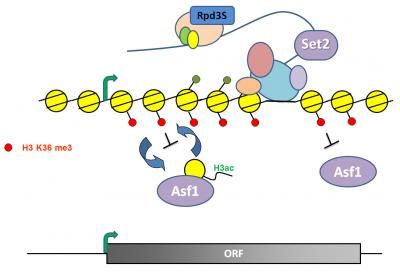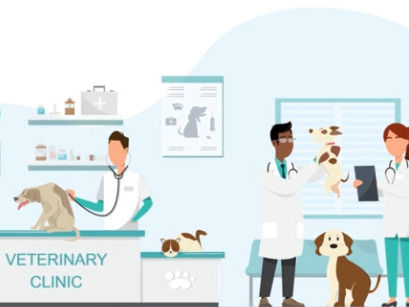Genetic risk factor associated with claw problems in dogs identified
The immune-mediated disease SLO can lead to severe claw problems in dogs. Researchers have now identified genetic risk factors underlying this disease. The obtained results that were reported in PLoS ONE can lead to increased knowledge about similar nail diseases that affect humans.
Researchers at the Swedish University of Agricultural Sciences (SLU), Norwegian School of veterinary Science (NVH), and Uppsala University (UU) have identified one of the genetic risk factors responsible for development of an autoimmune disease affecting the claws. The study is an example of a well-established collaboration between geneticists and veterinarians at the three universities.
A disease called Symmetrical Lupoid Onychodystrophy (SLO), which is an immune-mediated disease with suspected autoimmune etiology, causes the claw problems that were analyzed. This means that the body’s own immune system reacts abnormally which leads to sloughing of claws from claw beds.
As the disease progresses all claws will become affected and this ultimately leads to destruction of the underlying claw tissue and deformation of the claws. The disease is painful and involves large degree of pain and suffering for affected dogs.
The identified genetic risk factors are genes in the major histocompatibility complex (MHC) class II region that encodes proteins that control the immune response. These genes have been shown to be important genetic risk factors for different autoimmune diseases in both dogs and humans.
When the immune system is activated, MHC proteins determine towards which molecules the attack should be directed. In autoimmunity, MHC proteins will erroneously recognize the body’s self-molecules and trigger destruction of the body’s own tissues and organs. Such disturbances can, in certain cases, result in development of autoimmune diseases like for example SLO.
A major increased risk for SLO development was found in Gordon Setter dogs that had inherited the MHC class II risk type from both parents. In dogs that had inherited the two variants from either parents it was found that the effect of the protective type dominated and such dogs were healthy.
Most read news
Other news from the department science

Get the life science industry in your inbox
By submitting this form you agree that LUMITOS AG will send you the newsletter(s) selected above by email. Your data will not be passed on to third parties. Your data will be stored and processed in accordance with our data protection regulations. LUMITOS may contact you by email for the purpose of advertising or market and opinion surveys. You can revoke your consent at any time without giving reasons to LUMITOS AG, Ernst-Augustin-Str. 2, 12489 Berlin, Germany or by e-mail at revoke@lumitos.com with effect for the future. In addition, each email contains a link to unsubscribe from the corresponding newsletter.
Most read news
More news from our other portals
Last viewed contents
Category:H5N1
Fellow_of_the_American_College_of_Surgeons
Aeromonas_hydrophila
Melanosome
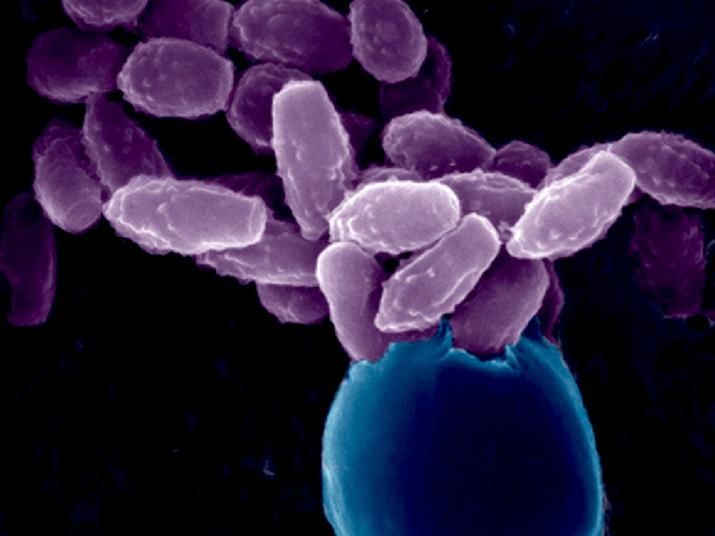
This is how highly resistant strains of fungi emerge
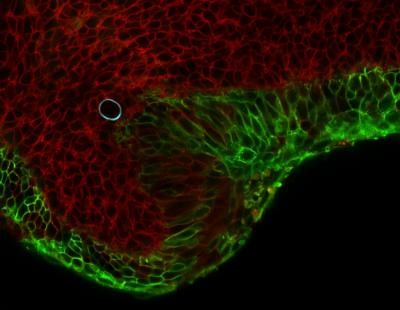
May the cellular force be with you - UC Santa Barbara assistant professor Otger Campas is one of the minds behind a new method for measuring the cellular forces that shape tissues and organs
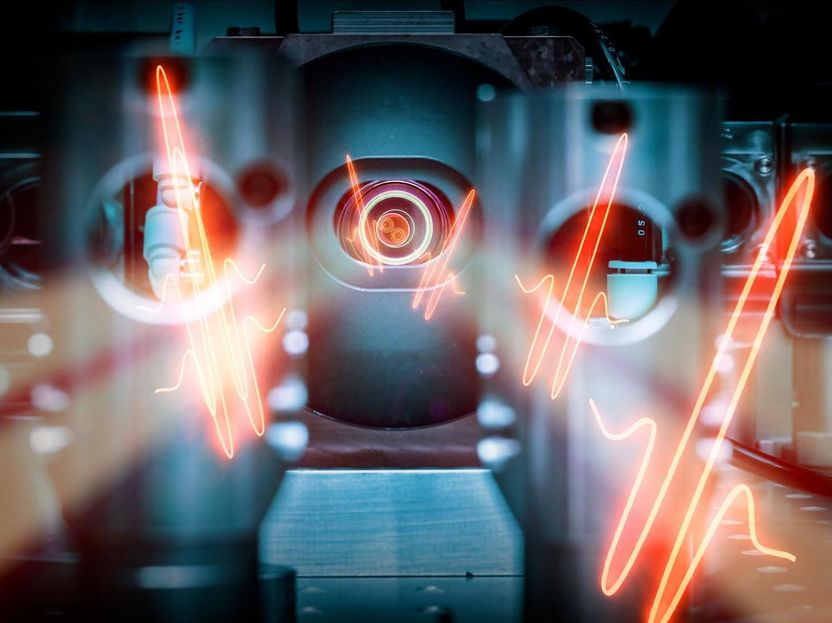
Most powerful dual-comb spectrometer developed - System paves the way for many applications
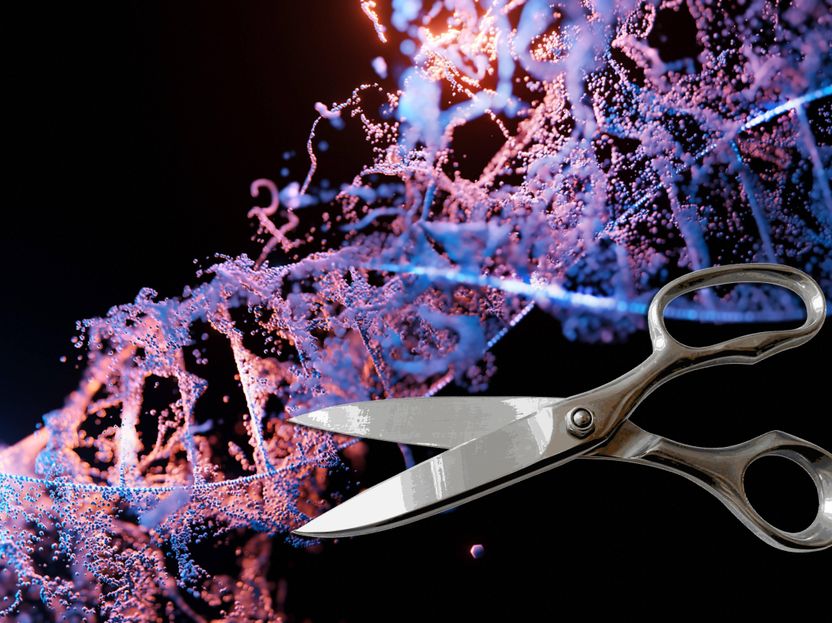
Gene editing via CRISPR/Cas9 can lead to cell toxicity and genome instability - Researchers identify critical spots on the genome where gene editing could cause an unwanted response, and they provide recommendations for safer approaches
KDR Biotech markets DASGIP Parallel Bioreactor Systems in Korea

How cells rewrite their fate - The study could be the starting point for new methods to alter the molecular mechanisms of cancer development
Meige's_syndrome
